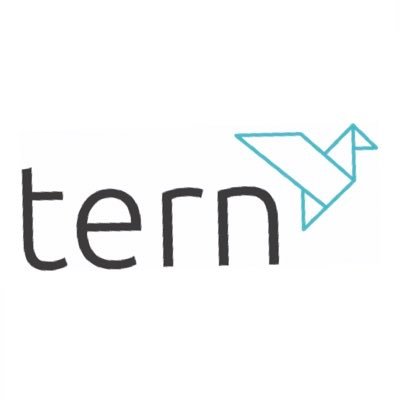Psychological safety is rarely listed in an investor deck, yet it may be one of the most telling indicators of a company’s internal resilience. When employees do not feel safe to speak up, performance risk compounds. Mistakes go unreported, dissent is withheld and innovation stalls. No amount of wellbeing perks can offset a culture where silence is the safer choice.
In operational terms, psychological safety refers to whether people feel able to express ideas, raise concerns or admit to errors without fear of embarrassment or penalty. It is a force that influences how teams learn, how managers lead and how quickly organisations adapt to change. In sectors where human input is critical, such as healthcare, pharmaceuticals or regulated industries, the stakes are especially high. Employee voice is a potential early warning system for operational fragility.
Many firms rely on scheduled surveys to monitor wellbeing, but these often miss what matters most. Disengagement does not wait for a questionnaire. It appears first in tone, language and unspoken withdrawal, all of which go undetected when companies listen only through formal channels.
The companies addressing this are using more advanced analysis of internal feedback, applying natural language processing to employee comments, suggestion boxes, and internal channels to identify where trust may be breaking down. Signals such as hesitancy to report errors, inconsistent feedback, or negative sentiment around leadership can be flagged earlier. Dashboards then equip HR teams to pinpoint the cultural blind spots before they harden into risk.
Tern plc (LON:TERN) backs exciting, high growth IoT innovators in Europe. They provide support and create a genuinely collaborative environment for talented, well-motivated teams.






































